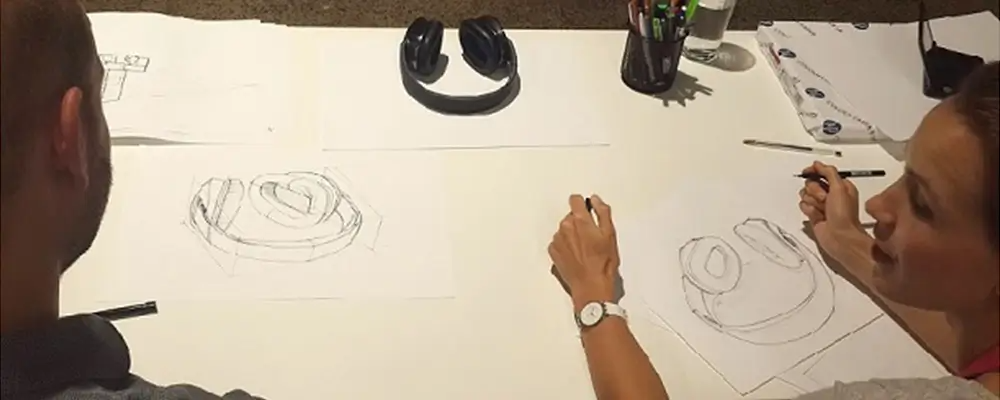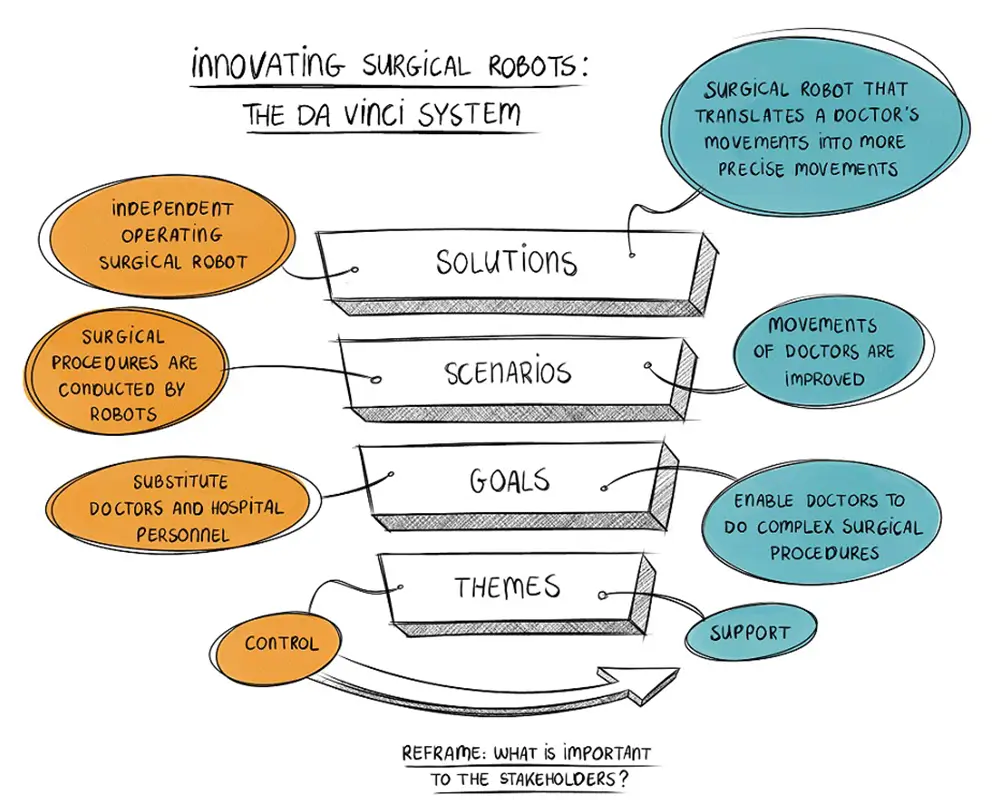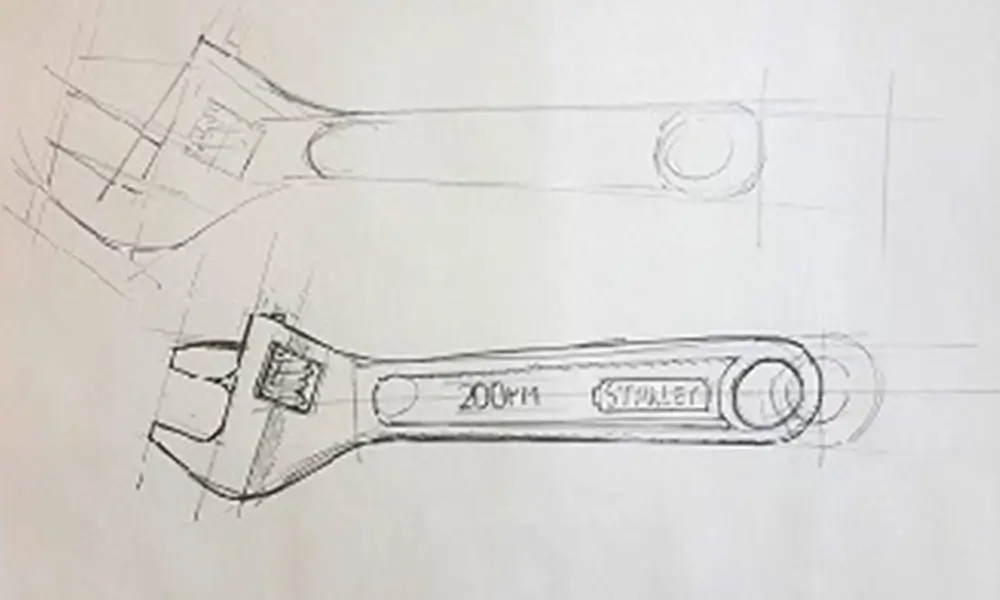
Investing time towards developing skills is an important part of both personal and professional development. Often it can spark growth, shed light onto new perspectives and enable a greater ability to respond and adapt to change.
As product developers we are regularly faced with new challenges and problems to solve. Often we need to draw upon a diverse set of skills or a deeper understanding of a particular topic to find a solution. When looking for ways to develop skills, sometimes knowing what to focus on or how much time to invest can be difficult. If you have a skill that you would like to develop further, here are six practical tips to help get you started.
1. Focus on the right skills
Learning a new skill takes time, energy and often money. Find out before you start whether that skill is something that your organisation or industry values. If it is, they may be open to paying for a course or setting aside time for you to work on it. The skill you choose should be something that you are genuinely interested in and a good fit for your personality and natural abilities. This will bring you a lot more satisfaction during the learning process and help you push past hurdles along the way.
2. Start small
Take action, start now but start small. The best way to ensure that you’ll achieve what you set out to do is by starting with bite sized goals that almost seem too easy. Rather than leaping into an evening course three days a week, start with a four hour introduction or set a target of reading on the topic 1 hour per week. It may seem unbearably slow to begin this way, particularly if you are passionate about what you want to learn but by realising a series of small goals, you set a pattern that can be sustained over time.
3. Find your best way to learn
Everyone has their own way of learning. You may do well in lecture-style environments, or you may need an experience that is entirely self led or very hands-on. Once you understand your style, you can look for a course that matches.
4. Connect, ask for help
No one learns well in a vacuum. Keeping things private makes it harder to see how you’re progressing and easier to stop halfway through. Find a mentor who has already mastered this skill. If possible, it should be someone you don’t directly report to. Support can come from others who are learning the same skill along with you. The best way to commit to showing up to an evening or weekend training session is know you have a friend waiting for you.
5. Share what you learn with others
One of the best ways to learn is to teach others. You can share knowledge even as you are still building it yourself. Choose a date to hold a small workshop with your team. It will push you to understand the material in a much deeper way if you know you need to explain it to others.
6. Be patient and stick it out
In today’s world of quick gratification, it’s easy to get discouraged or distracted. Expect to spend half a year or more fully developing a skill. Like most things that take time, the harder it is to master, the fewer people will have the same ability, which is valuable for your team.
Next week we delve into ‘Deep Design Approach’, a topic gaining a lot of interest for its practical uses across a range of industries. We reach out to some of the thought leaders in this field to discover and share with you what it’s all about.



